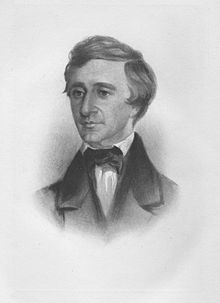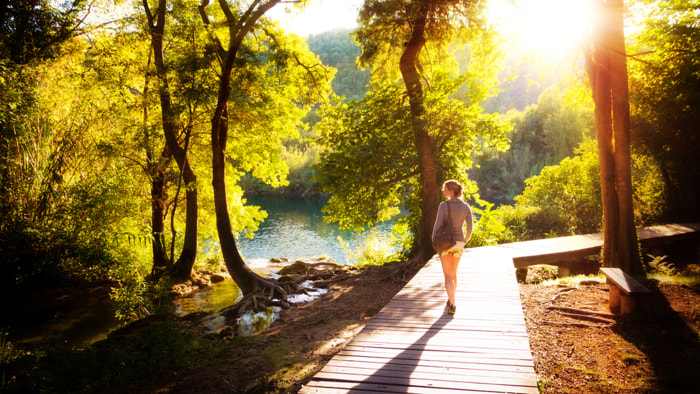 Okay, let's get this out of the way. Firstly, I have already read this book in high school. I didn't like it. That being said, I'm hoping this time around that I will have a better opinion of it.
Okay, let's get this out of the way. Firstly, I have already read this book in high school. I didn't like it. That being said, I'm hoping this time around that I will have a better opinion of it.One of the things I recall not liking about this book is the writing style. And unfortunately, this remains true. Quinn has a very pedantic style, quite on purpose I believe. He's clearly teaching us a lesson through the narrator. I mean, the narrator doesn't even have a name, they're meant to stand in for us. And at this point, I don't even like the narrator. They come across as very jaded about something and very selfish as well. Perhaps this is on purpose, but whenever I read the narrator's thoughts or actions, I can't help but think of that guy who sits on the bus next to you having a loud phone conversation and obnoxiously eating potato chips with his mouth open; rude and entitled.
 |
| I cannot believe this, but someone made t-shirts. |
Speaking of that, this book is less of a novel and more of a fable at the present moment. We're just meant to accept the fact that the narrator can telepathically communicate with a gorilla. I mean, seriously? Again, I get where he's coming from, but it just rubs me the wrong way.
Also all this talk of Nazi Germany is weirding me out. And yes, I understand that Nazism is something almost everyone is familiar with, and can be an interesting study into the psychology of people (read more about that here) and all that. But, I find the example overused and franklu the way Ishmael almost justifies Hitler's regime unnerves me quite a lot.
Maybe it's just me, but I'm not too keen on this book quite yet.
Write to you later.
Danielle K.








